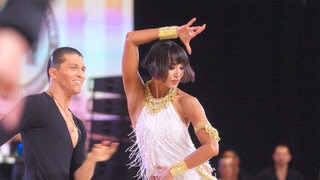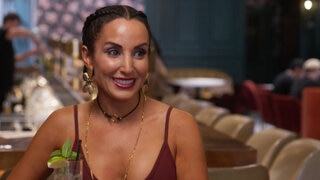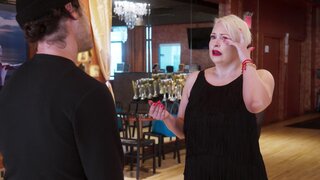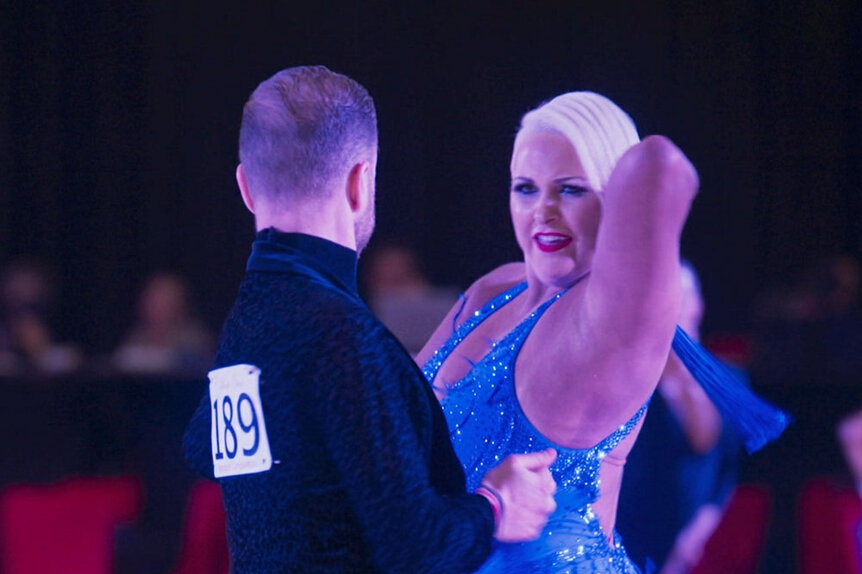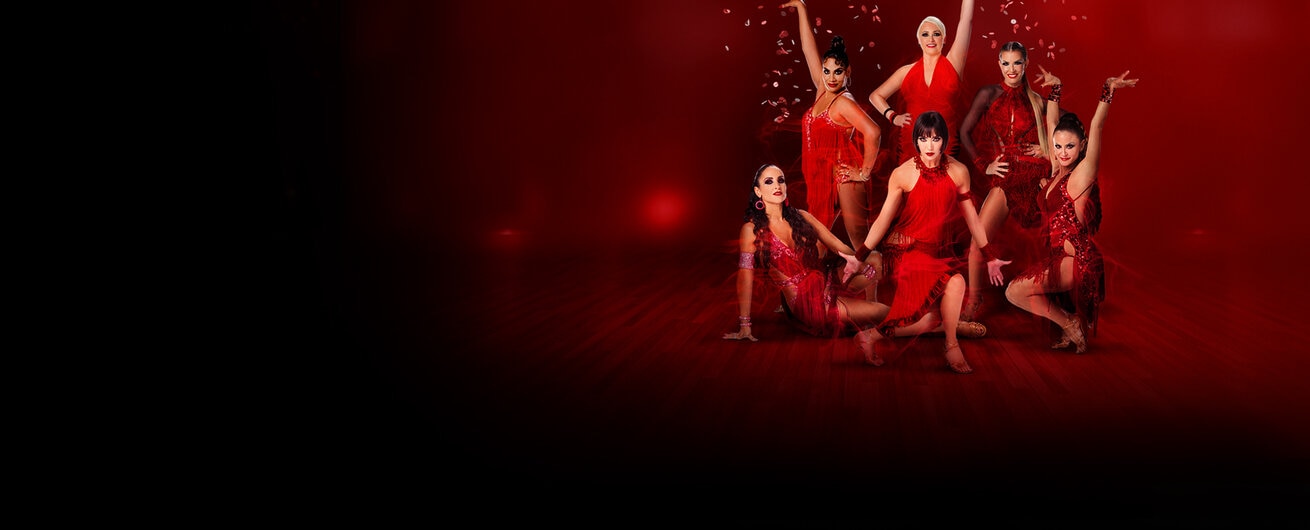Dancing Queens Viewers, Here's How They Define Amateur and Professionals
The women of the show are so talented, it might not be clear why they are competing as ballroom dance amateurs.
The cast members on the new Bravo show Dancing Queens seemingly have it all: talent, poise, grace, beauty, and hard-won ballroom dance competition trophies. And yet, despite all their work and skill, they're still deemed "amateurs" by the sport's governing body, the National Dance Council of America, and compete in Professional/Amateur competitions for trophies, not prize money.
But if these — and many other! — talented women aren't considered "professionals" in the sport at which they clearly excel, how exactly are "amateur" and "professional" defined?
Read on for a breakdown of how the sport's government body determines who is a pro, who is an amateur, and what rules they all need to follow.
What are the rules the Dancing Queens must follow during competition?
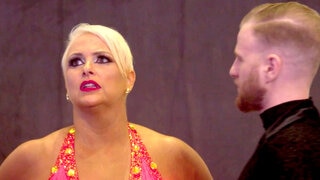
The National Dance Council of America, which was formed under a different name in 1948, is the official governing body for dancing in the United States. Its 118-page rulebook governs all of the sanctioned ballroom dance competitions in the U.S., and is also used by the World Dance Federation for their international Pro/Am events.
What makes a ballroom dancer an amateur?
There are actually two types of amateurs within the NDCA: amateur competitors, and Pro/Am student competitors.
The woman on Dancing Queens are Pro/Am student competitors, which is to say that they compete in NDCA competitions with a professional partner, who must be a registered professional dancer or teacher. When registering as student competitors, they have to certify that they compete "in Ballroom dance purely as an avocation" and cannot teach any kind of dance that is included in any NDCA-sanctioned event. They also cannot provide demonstrations or perform in any show for money. The only money they can accept for their participation is what they might win in an NDCA-sanctioned Pro/Am Scholarship Event.
If a Pro/Am student competitor violates the rules, they cannot compete in any NDCA event — including any professional events — until they have ceased doing whatever violated the rules, and their professional partner could be suspended and fined. The student competitor could, upon ceasing the infraction, apply for reinstatement to the NDCA but, if accepted, could be subjected to a waiting period.
Student competitors can pair up with one another for Student/Student events for which amateurs and professionals are not eligible.
Amateurs are also registered dancers who compete with their registered amateur partners in mostly amateur competitions. However, they can compete in Mixed Amateur competitions with other amateur parters, or in Pro/Am competitions either as a professional with a student competitor or as an amateur with a professional who is not their registered amateur partner.
Unlike student competitors, there is a path to becoming a professional dancer under NDCA rules. They can either declare and register as a professional, compete against professionals at an Open Professional or Rising Star event, or act as a professional partner in a Pro/Am competition.
Who is considered a professional in ballroom dancing?
There are two types of professionals in NDCA ballroom dancing, though they may overlap.
The first type is a professional who partners with a student competitor or registered amateur in Pro/Am competitions. These are the partners of the women who you see competing in Dancing Queens.
The second type (which may overlap with the first) is a registered professional who partners with another professional as part of a professional couple for competition purposes.
As with amateurs and student competitors, all professionals (who must be over the age of 16) must register to compete at an event, but anyone who serves as a hired partner, participates in Professional Competitions or Professional Team Matches, or participates as a professional at a Pro/Am event is considered a professional for that event. No dancer can compete as an amateur at one NDCA event and then re-register as a professional and compete in that category at the same event.
Dancing Queens premieres Tuesday, May 9, at 9/8c on Bravo and next day on Peacock.

